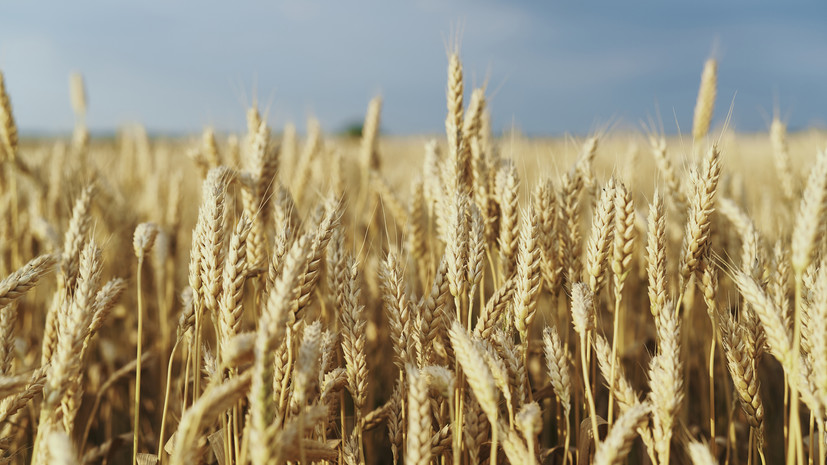Scientists from the Advanced Engineering School "Agrobiotek" of Tomsk State University have created an effective combined bioinsecticide for plant protection. The university press service reported this to RT.
Bioinsecticides are preparations for the destruction of agricultural pests, created on the basis of biological components. In particular, a number of such drugs are produced from microorganisms and protozoa, as well as their metabolic products - special types of bacteria and fungi or viruses act as raw materials. Pests die either due to infection with pathogenic microorganisms (entomopathogens), or from the toxic effects of their metabolic products.
Such preparations are a more environmentally friendly alternative to chemical pesticides and allow you to obtain environmentally friendly products. However, their use is currently limited due to their lack of effectiveness in conditions of large numbers and diversity of pests.
Gettyimages.ru
© Alexandrum79
The authors of the work found a way to increase the effectiveness of bioinsecticides by combining insect-pathogenic fungi Metarhizium robertsii, Beauvéria bassiána and bacteria Bacillus thuringiensis in one preparation. The third component was avermectin, a waste product of the bacteria Streptomyces avermitilis, a toxic poison that affects the nervous system of pests.
Laboratory experiments have shown that when used together, entomopathogens and avermectins enhance each other’s effects—a synergistic effect is observed. This means that the components used together have a more pronounced effect than their total effect when used separately. For example, the mortality rate of meadow moth caterpillars increased when treated with a new drug by 2–2.5 times compared to the effect of separate exposure to the components. At the next stage of work, the researchers plan to test the development in the field.
“Our research has laid the fundamental basis for the creation of highly effective innovative complex biological products to protect plants from insects, which is extremely important for expanding the possibilities of obtaining organic products,” explained the head of the scientific project, Candidate of Biological Sciences Alexander Alekseev to RT.
The development is intended to protect a number of agricultural crops from the Colorado potato beetle, cabbage cutworm, meadow moth and spider mite, as well as from cereal and bean aphids.

